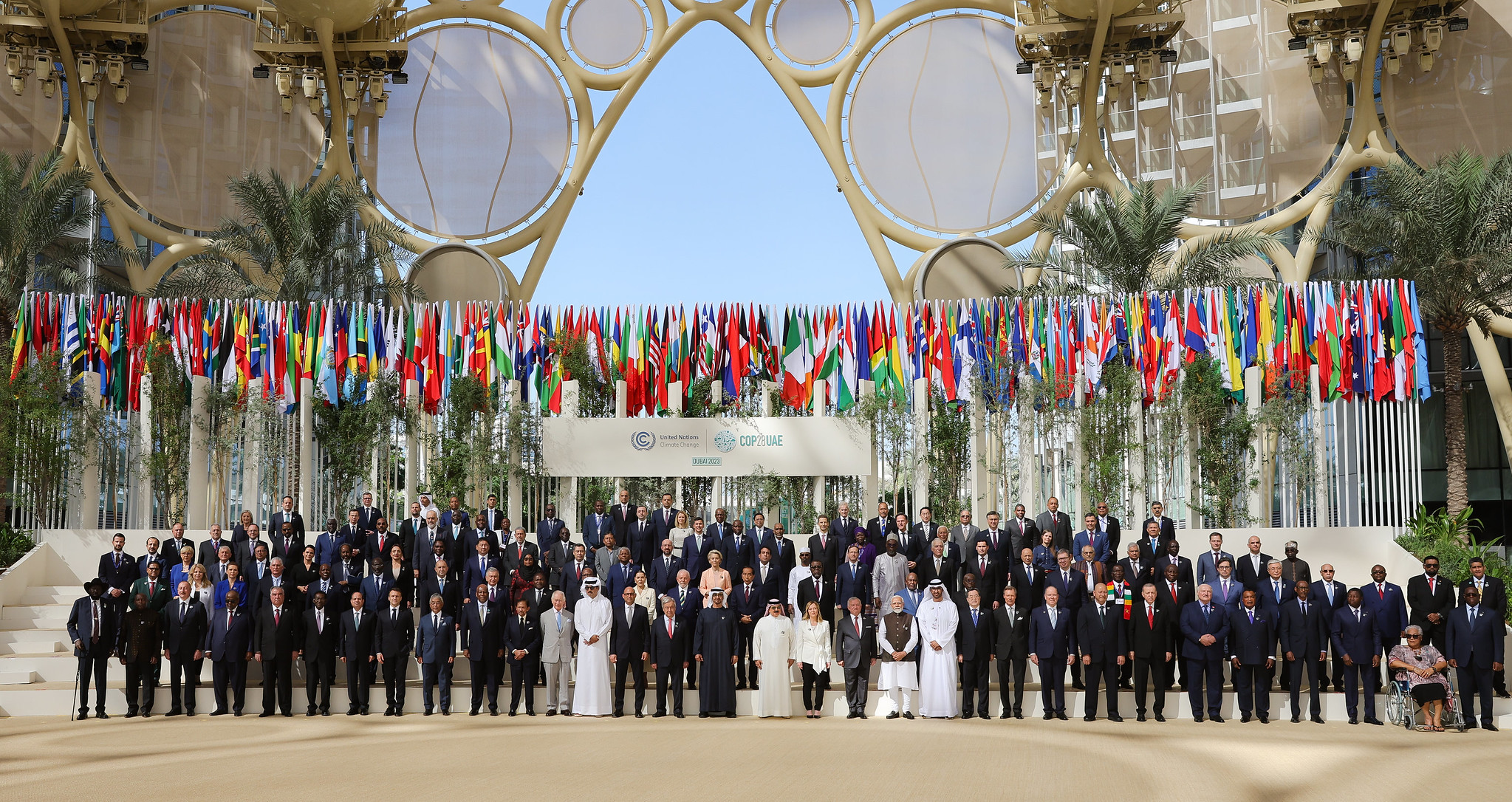Last Thursday the House passed a $48.8 billion FY10 State, Foreign Operations Appropriations bill (H.R. 3081), $3.2 billion below the President's request (not including $1.9 billion in advanced FY09 supplemental funding). The bill included $1.4 billion for the MCC, just a hair below the President's $1.43 billion request. The Senate Appropriations Committee delivered a slightly lower amount of overall funding, $48.7 billion (again, not including advanced supplemental funding). Within that, the MCC received $950 million for the MCC with report language that more or less tells the MCC to make up the difference by using funds deobligated from recent decisions to terminate components of existing compacts, presumably a reference to recent actions in Madagascar (post-coup), Armenia and Nicaragua. The problem with that logic is that in the case of Madagascar, it costs money to responsibly close down operations; in the case of Armenia, since the Board didn't technically terminate anything, the unused money will sit idle unable to be reallocated elsewhere; and in the case of Nicaragua, the amount available for deobligation looks to be around $15 million -- something, but not the $450 million needed to match the House appropriation.Hopefully, the two bills will be reconciled in conference, with a number that at least splits the difference. I continue to think the MCC needs to prioritize implementing the compacts currently in the pipeline, the results of which will, in many ways, secure the future of the MCC as a model and pave the way for other aid agencies to get the flexibilities afforded to the MCC (no earmarks, no tied aid, country-led design and implementation, results driven). At the same time, the FY10 request was perhaps the most realistic justification I have seen yet for use of MCC funds in terms of new compacts. And more broadly, while rebuilding and reprofessionalizing USAID -- a much needed investment, but one that will take time to deliver real returns -- it is good for the U.S. to continue to support well the one model we have that was built around internationally-recognized principles of aid effectiveness.
CGD blog posts reflect the views of the authors, drawing on prior research and experience in their areas of expertise.
CGD is a nonpartisan, independent organization and does not take institutional positions.





